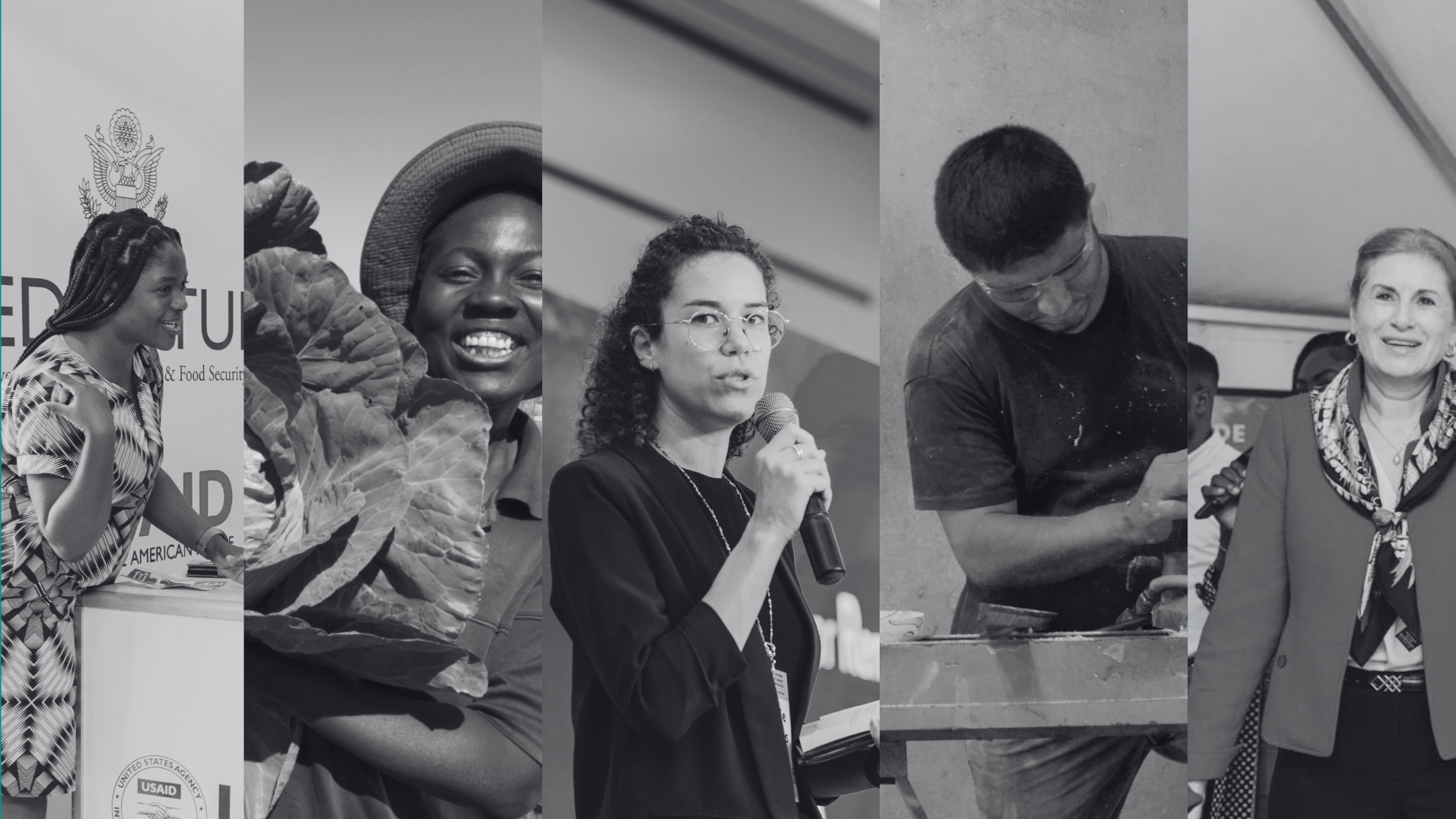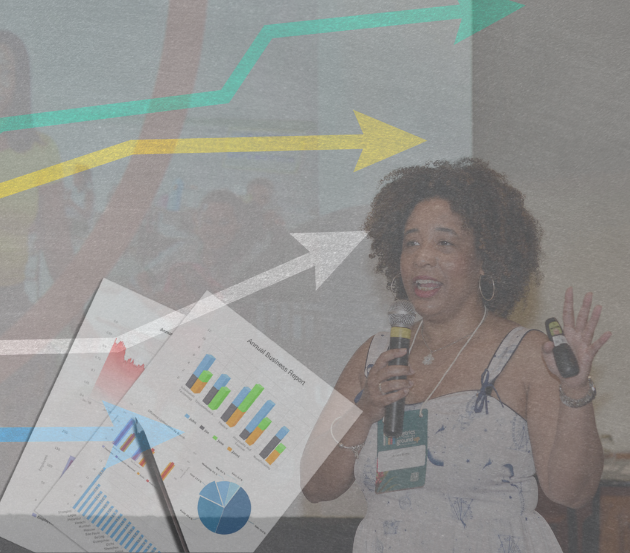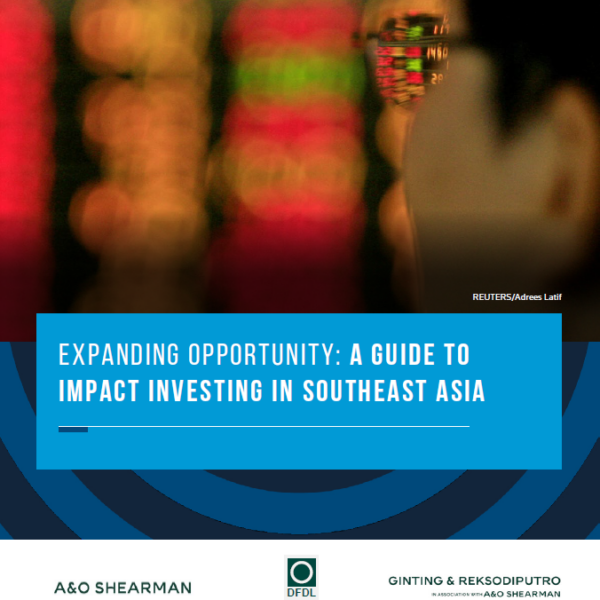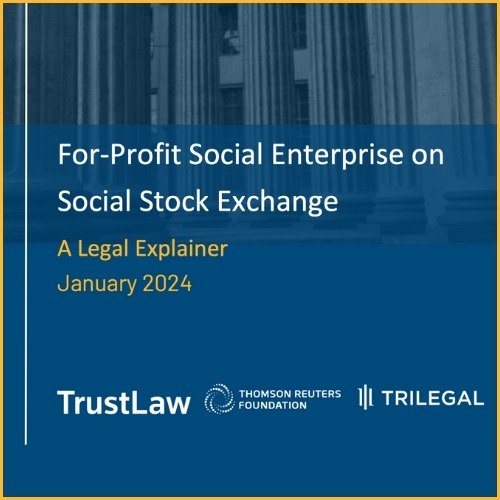
ANDE provides its members with a wide range of resources to support Small and Growing Businesses (SGBs), including training and workshops, a library of evidence and guidance, convening spaces for practitioners, and funding opportunities.

Ande conducts and supports research to answer crucial questions for practitioners and funders in the SGB sector. Our research activities, including the Global Accelerator Learning Initiative, Knowledge Hub, SGB Evidence Fund, and flagship publications such as the State of the Sector reports and ecosystem snapshots, help bridge the knowledge gap for SGB support organizations.
ANDE partners with donors to fund organizations supporting SGBs in developing economies. The funding encourages innovative investments and explores how small businesses can contribute to the sustainable development goals.
ANDE’s groups, including Learning Labs and Action Labs, are neutral convening spaces for diverse practitioners to share best practices and new research, discuss hot topics, and learn from one another. They also offer a venue for joint research or action on key issues. Most are open only to ANDE members.

South African politicians frequently refer to entrepreneurship as a potential solution to the economy’s significant unemployment problem. In reality, many entrepreneurs need to come from townships. Numerous reports address challenges faced by South African entrepreneurs. What distinguishes this report from extant studies is that this report features the voices of entrepreneurs and entrepreneur support organisations (ESO) to vividly portray township entrepreneurs’ challenges through in-depth interviews. This report also aims to elucidate the factors that contributed to the success of exemplary township entrepreneurs despite existing challenges and other strategies that ESOs can employ to guide more entrepreneurs to emulate these success stories.

The Thomson Reuters Foundation champions economies that are equitable, participatory, and sustainable, with a focus on environmental respect. Impact investing is crucial for addressing social and environmental inequities but remains underutilized in Southeast Asia. To bridge this gap, the Aspen Network of Development Entrepreneurs (ANDE) partnered with TrustLaw, the TRF's global pro bono service, to enhance understanding of local impact investing regulations in 7 different countries in Southeast Asia: Thailand, Vietnam, Singapore, Indonesia, Myanmar, and the Philippines. Special thanks go to A&O Shearman, DFDL, Mayer Brown, MahWengKwai & Associates, and SyCip Salazar Hernandez & Gatmaitan for their pro-bono support. This guide aims to assist social enterprises, incubators, and investors in navigating local regulations and fostering greater investment in regional startups and their social missions.

India needs a significant capital injection to achieve the Sustainable Development Goal (SDG) target by 2030 and deal with climate change. Impact investing, catalysing philanthropic and commercial capital, offers promise in addressing critical social challenges. Initiatives like the Social Stock Exchange (SSE) and regulatory amendments aim to increase and broaden the pooled funds available to social enterprises and help them scale. Given this context, ANDE South Asia produced this explainer in collaboration with TrustLaw to provide focused guidance on how local and foreign impact investors can leverage the SSE to make investments in social enterprises in India.
The Global Newsletter

ANDE sends out the Global Newsletter on the first Monday of every month to thousands of organizations and practitioners worldwide. This specialized channel is a valuable resource that keeps our subscribers updated on the work ANDE’s members do to promote entrepreneurship ecosystems, new sector opportunities, upcoming events, job postings in the development sector, and essential new resources. ANDE members can access our archive of recent editions on our dedicated webpage. If you’re not subscribed yet, sign up to stay well-informed and connected.

Are you an ANDE member interested in helping SGBs navigate environmental, social, and governance (ESG) measurement and standards? We are putting out a call for our first working group on this topic!
BUZZEBEES CEO Michael Chen discusses the company's journey from startup to Thailand's leading CRM platform and his vision to connect the digital world.
Spark Talk: DREEM empowers young refugees in Kenya with digital skills and support, transforming online entrepreneurship into a path for sustainable change.
ANDE’s Career Center features job postings from ANDE members.
